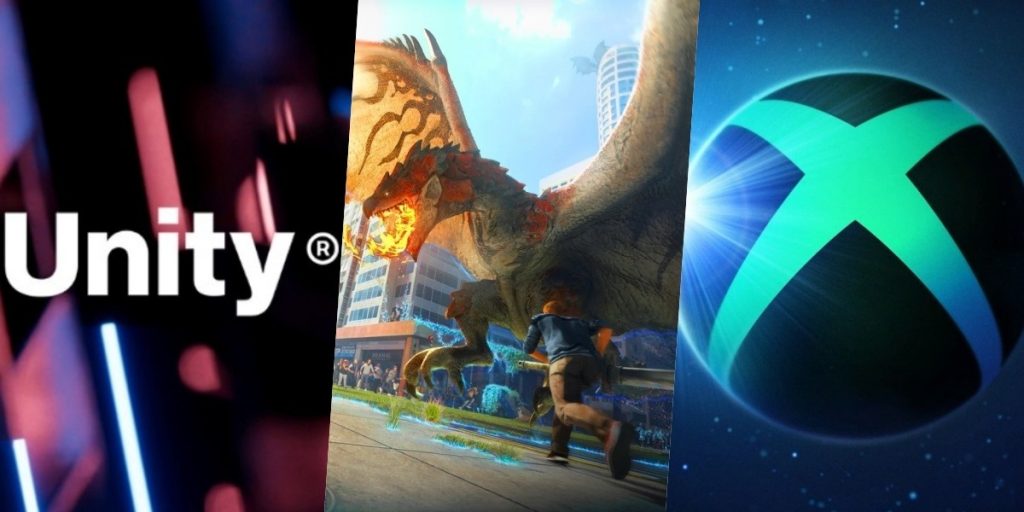Stay Informed
Get Industry News In Your Inbox…
Sign Up Today
The gaming industry moves rapidly, with stories coming and going, but some are too important to overlook. That’s why we’ve created a weekly digest where the PocketGamer.biz team delves deeper into the most interesting events in mobile gaming from the past week.

Craig Chapple
Head of Content
Unity charts a new path forward without the “catastrophic” Runtime Fee. The cancellation of the Unity Runtime Fee exactly one year after its introduction is a significant event for the industry. Developers have reacted positively to this change, signaling the importance of a strong Unity presence. However, the trust in the company’s decisions remains fractured for some.
Notable industry figures, like Rami Ismail, have highlighted the impact of this fee on Unity’s integrity as an engine provider. The uncertainty caused by the fee announcement has led to concerns about the company’s continuity and trustworthiness.
While Unity’s future may seem uncertain, the effects of this decision on its revenue and market position will take time to materialize. Some developers have already expressed intentions to explore other engines like Godot, indicating a potential shift in the industry landscape.
The aftermath of this decision is reflected in the engine usage trends, as seen in the Game Maker’s Toolkit (GMTK) Game Jam data shared by game designer Manuel Correia.

Switching game engines is a complex process, as highlighted by Tiny Rebel Games CEO Susan Cummings. Yet, the potential impact on Unity’s market dominance may prompt developers to explore alternative options.

Microsoft cuts 650 jobs in its Xbox games division
Microsoft’s recent announcement of 650 job cuts within its Xbox unit adds to the string of layoffs in the industry. Despite reassurances from Phil Spencer, the impact on teams working on specific titles is evident, raising concerns about the future trajectory of Microsoft in gaming.
As mergers and acquisitions continue, layoffs are a foreseeable consequence as companies streamline operations. However, the frequency of job losses in the industry, particularly at Microsoft, is concerning.
Will Microsoft’s layoffs stop here, or are more surprises in store as the year progresses?

Reflecting on the success of Monster Hunter Now in its first year, the game has showcased innovation, inclusivity, and effective monetization. With nearly $225 million in revenue within the first year, Niantic has proven its ability to create successful geolocation-based games beyond Pokémon Go.
Through a combination of new content, monetization strategies, and community engagement, Monster Hunter Now has secured its place in the market. The game’s continuous updates and additions demonstrate Niantic’s commitment to providing value to its players.
As the game evolves and expands, players can expect more exciting content and features to enhance their gaming experience.


